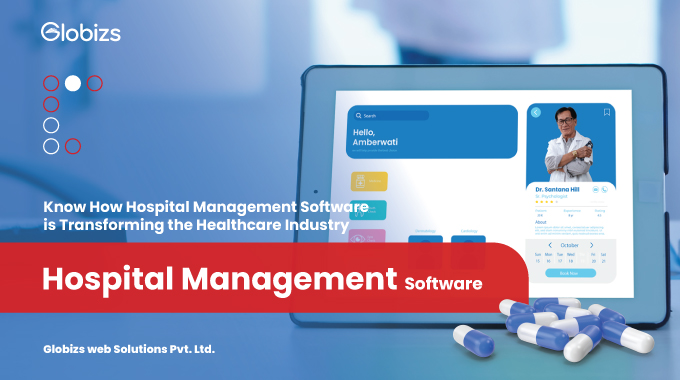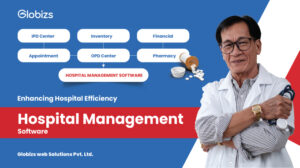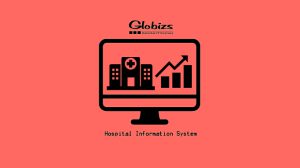Hospital Management System (HMS) is an essential software solution for healthcare institutions to manage their operations and patient care effectively. The system helps hospitals streamline processes and improve the quality of care, resulting in better patient outcomes and increased efficiency.
In this article, we’ll take a detailed look at the Hospital Management System, its importance, features, and the Electronic Medical Record (EMR) or Electronic Health Record (EHR).
Why is HMS important for a hospital?
With the increasing demand for quality healthcare services and the need for cost-effective solutions, hospitals are facing challenges in managing their operations effectively. HMS provides a comprehensive solution that addresses these challenges and helps hospitals achieve their goals.
The importance of HMS for hospitals includes:
- Improved Patient Care: The system helps healthcare providers manage patient information and treatment plans, enabling them to provide better and more informed care.
- Increased Efficiency: HMS streamlines processes and reduces the need for manual work, freeing up staff time to focus on patient care.
- Enhanced Patient Safety: The system helps to reduce the risk of medical errors by making patient information more readily available to healthcare providers.
- Improved Financial Management: HMS helps hospitals manage the financial aspects of their operations, including billing and insurance claims.
- Better Resource Management: The system helps hospitals manage their resources, including personnel, equipment, and facilities, more effectively.
Features of Hospital Management System
- Patient Management: The patient management module helps hospitals manage patient information and history, including demographic data, medical records, and insurance information.
- Clinical Management: The clinical management module provides tools for physicians and other healthcare providers to manage patient treatment plans, including ordering and administering medications, managing patient appointments, and maintaining patient progress notes.
- Financial Management: The financial management module helps hospitals manage their financial operations, including billing, insurance claims, and patient accounting.
- Supply Chain Management: The supply chain management module helps hospitals manage the flow of medical supplies and equipment, including tracking inventory levels and monitoring usage.
- Resource Management: The resource management module helps hospitals manage the allocation of their resources, including personnel, equipment, and facilities.
- Reporting and Analytics: The reporting and analytics module provides real-time data and analytics to support decision-making and continuous improvement initiatives.
Electronic Medical Records (EMR) or Electronic Health Records (EHR)
The Electronic Medical Record (EMR) or Electronic Health Record (EHR) is a central component of the Hospital Management System. EHR/EMR is a digital version of a patient’s medical history, which is maintained by healthcare providers over time. It contains information such as patient demographics, medical history, medications, allergies, lab results, imaging studies, and progress notes.
The use of EHR/EMR helps to improve the quality of care by making patient information more readily available to healthcare providers, reducing the risk of medical errors, and enabling better coordination of care. It also helps to reduce costs by eliminating the need for manual processes and reducing the need for paper-based records.
The Hospital Management System (HMS) is a critical software solution for healthcare institutions to manage their operations and patient care effectively. With its comprehensive features and the integration of the Electronic Medical Record (EMR) or Electronic Health Record (EHR), HMS helps hospitals improve the quality of care, reduce costs, and enhance patient outcomes. By implementing an HMS, healthcare institutions can focus on delivering the best possible care to their patients.



